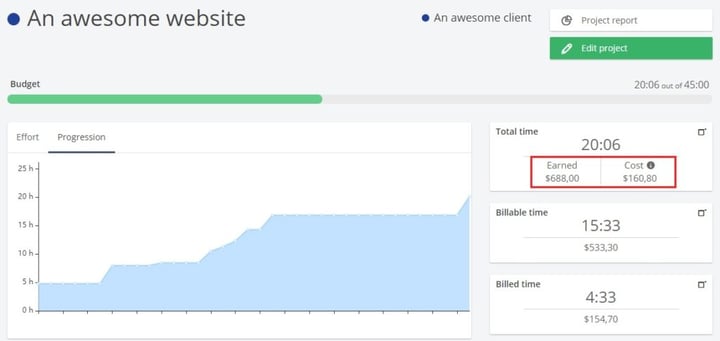Investing your time, money, and resources into creating a startup takes a lot out of a person. That’s what makes a startup’s failure all the more devastating.
No matter how hard many people try, over 70 percent of startups in the tech industry alone will fail to meet their creators’ goals.
Those statistics, however, aren’t meant to say, “don’t ever invest in a startup.” Instead, they’re meant to represent the challenges that await anyone who does – and the safeguards you’ll have to invest in if you want to see your startup dreams come true.
With that in mind, let’s touch on the primary reasons most startups fail. With the “do nots” in mind, you’ll find that it’s easier to make it through your first year in the industry.
Problems with the Budget
The problem with money is that it is as freeing as it is limiting.
When you’re pulling a business together, you may be tempted to invest your funds in the strangest – but at the time, seemingly most essential – things.
Unfortunately, startups need to stay on tight budgets if they’re going to remain afloat. Not only do many startup owners invest their money in the incorrect areas, but they frequently underestimate how expensive it is to run a business in this day and age.
This is where working with a bookkeeper or accountant (and no, they’re not the same thing) comes in handy. Professionals who’ve been in your industry of choice for a long while will have a better idea of what the daily expenses of business operations look like.
Combine that expertise with information on the cost of a business’s foundational needs and strict, in-house time management, and you’ll be able to stay on budget while building your business.

That said, understand that your business likely won’t be in the black during your first year of operations. Many startup owners fail to understand this and, in turn, either over-extend their budgets or become frustrated with their burgeoning consumer audience. Instead of spending more money on a content marketing campaign, be patient during that initial year, and maybe even the year after.
Startup creation, after all, is a game of resources. Don’t back yourself into a corner early, and you’ll find the game easier to play.

Competition
A startup may also fail due to conditions outside of an owner’s control.
This includes competition. With interest in e-commerce growth, it seems like everyone is able to run their own business. This means that, no matter what industry you’re working in, you’re likely to come across a shop that’s selling the same products or services that you are.
However, if you do notice consumers directly comparing your products or services to the ones your competition offers, listen to them. If you’re not careful, you may find that you lose all of your business to someone else. Again, it’s all about balance.
Stay in touch with your own ambitions, but make sure that your website, products, customer UX, and all other details are, at least, not making your competition look better than you.
Consumer Miscommunication
Finally, the biggest cause of startup failure is consumer disinterest, or a lack of need. Startups can accidentally alienate consumers by:
- Ignoring the flow of the market: Some startups fail to keep a finger on the pulse of their industries. As a result, they may create a product that someone else has already built up. When your business accidentally re-invents the wheel, you won’t see as much consumer interest as you would, had you built something original due to an already-met market need.
- Ignoring feedback: It’s also to your detriment to ignore consumer feedback. What are people saying about your product? How can you improve it? If you don’t listen to your consumers, not only is your UX reputation going to tank, but you’re not going to be able to fill an industry need.
- Creating a product for non-existent consumers: You may also create a product that, unfortunately, does not have a market.
As the old saying goes, you have to break a few eggs to make an omelet. You can’t go through life without failing, even if you take active steps to protect yourself and your business from all potential pain points.
That doesn’t mean, however, that you shouldn’t experiment with your ideas. Be flexible! Explore avenues that you previously didn’t think would work. Creativity and the deliberate pursuit of success are what set successful startups apart from the rest.
Cover photo Photo by Marius Ciocirlan on Unsplash